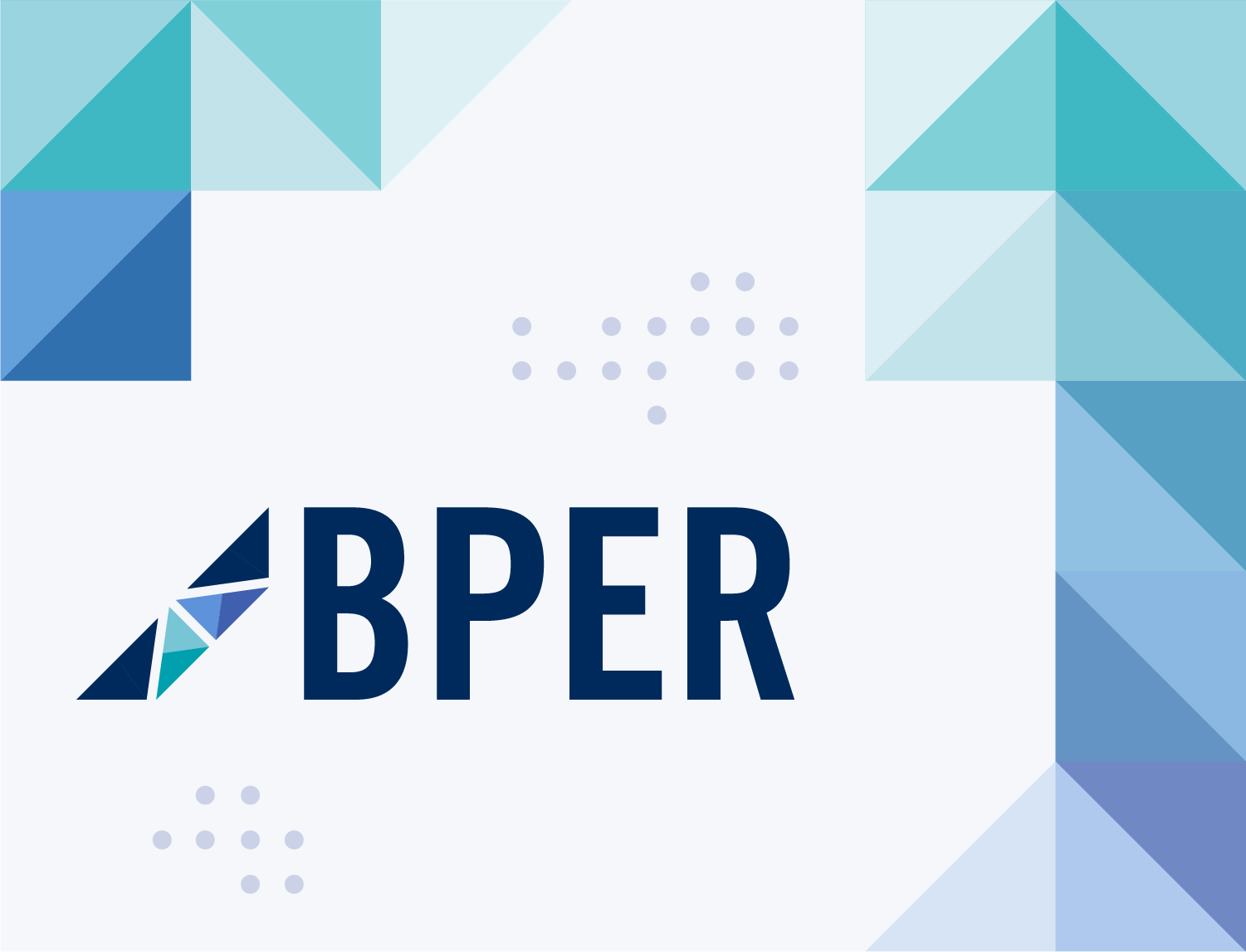Failure in Training - powerful and productive or demoralizing and counterproductive?
Failure is a powerful teacher. But, instead of waiting for it to happen spontaneously during training, health professions educators are thinking deeply about "designing for failure" or "allowing failure" to deliberately harness its potential in instructional and clinical settings. During these rounds, the speakers will discuss two examples using failure in health professions education.
No events to show
Description
Failure is a powerful teacher. But, instead of waiting for it to happen spontaneously during training, health professions educators are thinking deeply about "designing for failure" or "allowing failure" to deliberately harness its potential in instructional and clinical settings.
During these rounds, the speakers will discuss two examples using failure in health professions education. The first example is productive failure - an instructional design strategy that asks learners to attempt to generate solutions to difficult problems before receiving instruction (Steenhof 2019/20). The second example is in the clinical context, where we will discuss "allowed" failure as a supervisory strategy to promote trainee learning while balancing patients' safety (Klasen 2020/21).
The experience of failure during learning comes with a heavy emotional price. In both the classroom and the clinical context, we cannot always create safe places for our students to fail. In both contexts, we must consider their psychological safety; additionally, in the clinical context, we also must attend to patient safety. Given these challenges, how can educators create safe learning experiences that incorporate failure for trainees in both classroom and clinical settings?
Presenters
Dr Naomi Steenhof is a pharmacist, an assistant professor in the teaching stream at the Leslie Dan Faculty of Pharmacy, and a centre researcher at The Wilson Centre. Naomi holds a Masters degree from Maastricht University, and a PhD in health professions education research from the University of Toronto. Naomi’s research in education explores the crucial role of failure in learning and understanding how conceptual knowledge development supports novice health professional students in clinical problem-solving.
Dr Jennifer Klasen works as a surgical specialist and faculty member at the University Hospital Basel in Switzerland. Passioned for clinical teaching, she holds a Master’s degree in Medical Education and is a PhD candidate of the Maastricht University. Jennifer’s research enthusiasm is driven by learning and understanding how clinical educators and scientists can work towards excellent educational outcomes for trainees while improving healthcare for patients. In this context, she is intrigued by learning from failure personally, professionally, and organizationally. Her research program explores the phenomenon of allowing failure in the clinical workplace. She hopes to contribute to a better understanding of learning from failure, and move the field toward a growth mindset, where failure is seen as a way of learning not involving blame and shame.
Rounds Details
Best Practice in Education Rounds (BPER) are co-hosted by the Centre for Faculty Development, The Wilson Centre and the Centre for Interprofessional Education.
Our Best Practice in Education Rounds (BPER) are accredited group learning activities as defined by the Maintenance of Certification Program of The Royal College of Physicians and Surgeons of Canada. They are also accredited group learning activities as defined by the College of Family Physicians and Surgeons.
For more information about BPER, please click here.
Additional Info
Moderator: Jeffrey Cheung
Event Details
Recommended Events
-
 9MarTeaching for Transformation is a three day immersion in the education paradigms and practices needed for today's health care work.
9MarTeaching for Transformation is a three day immersion in the education paradigms and practices needed for today's health care work. -
 10MarLeadership in medicine is often framed in terms of skills and competencies. Yet many of the challenges clinicians face require something deeper: character. This session introduces character-based leadership as a complementary and necessary lens for understanding leadership in health professions education and clinical practice.
10MarLeadership in medicine is often framed in terms of skills and competencies. Yet many of the challenges clinicians face require something deeper: character. This session introduces character-based leadership as a complementary and necessary lens for understanding leadership in health professions education and clinical practice. -
 26MarIf you're beginning to explore or step into leadership roles—formally or informally—this workshop will provide a supportive space to clarify your goals, build on your strengths, and take steps toward growth in your leadership journey.
26MarIf you're beginning to explore or step into leadership roles—formally or informally—this workshop will provide a supportive space to clarify your goals, build on your strengths, and take steps toward growth in your leadership journey.

